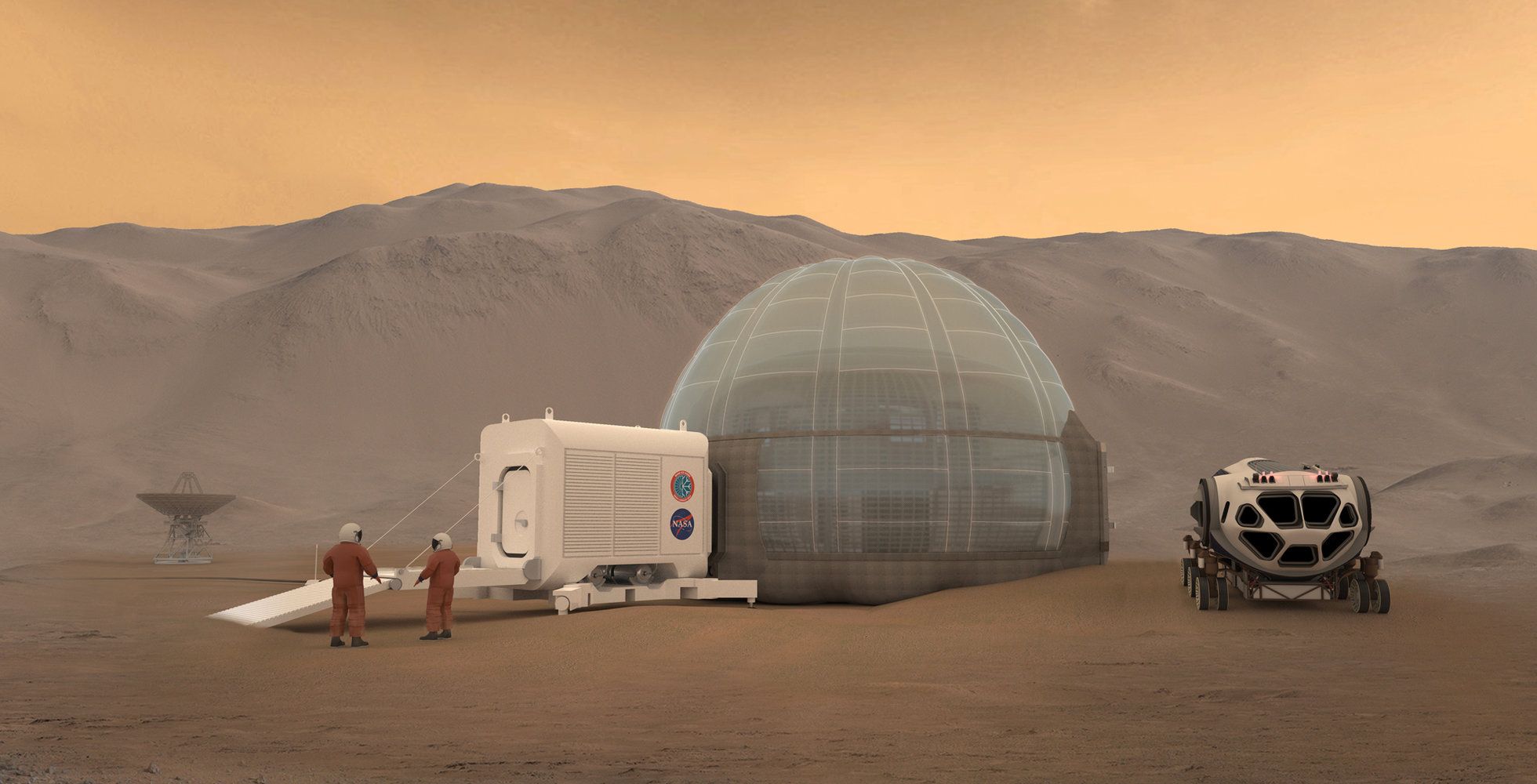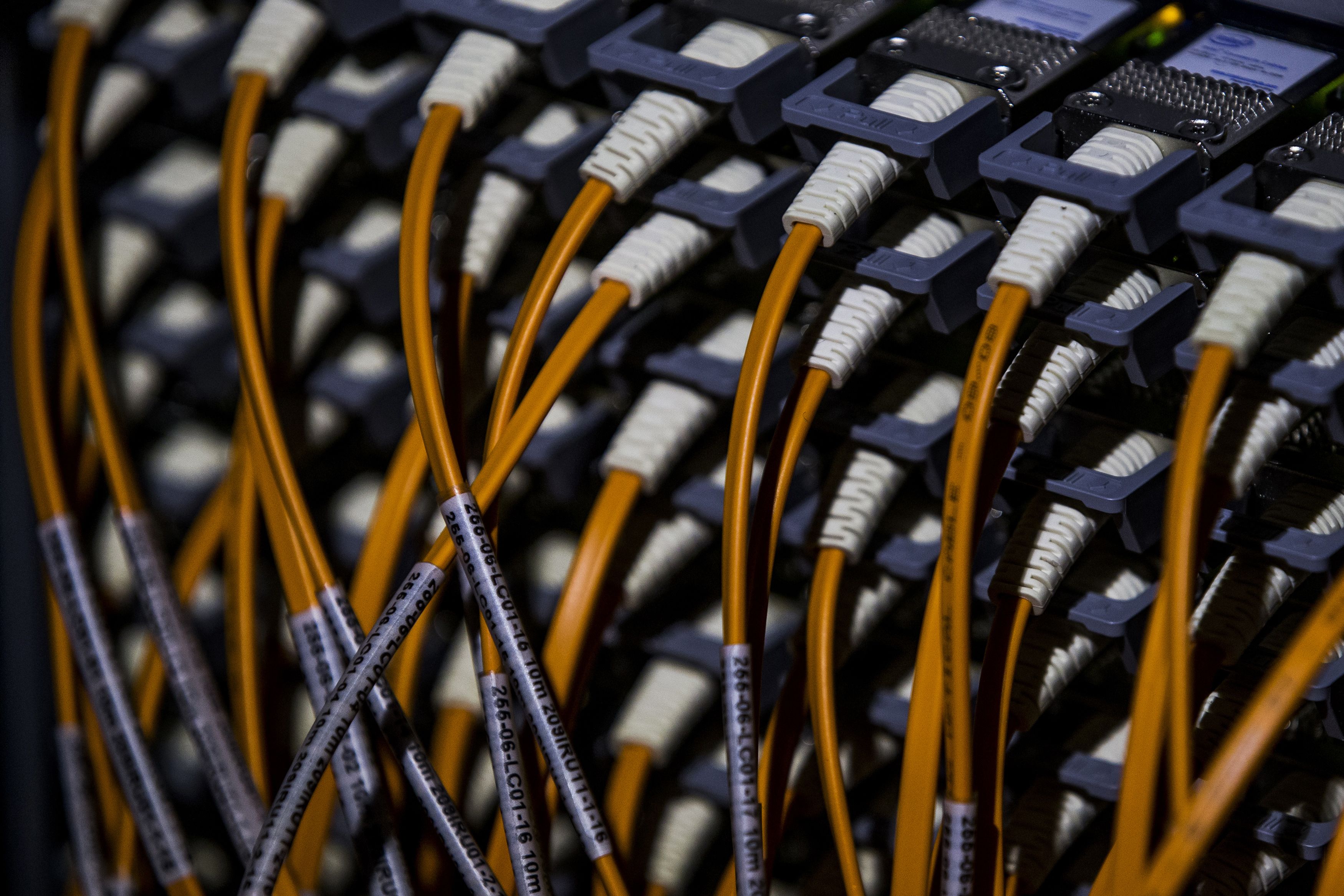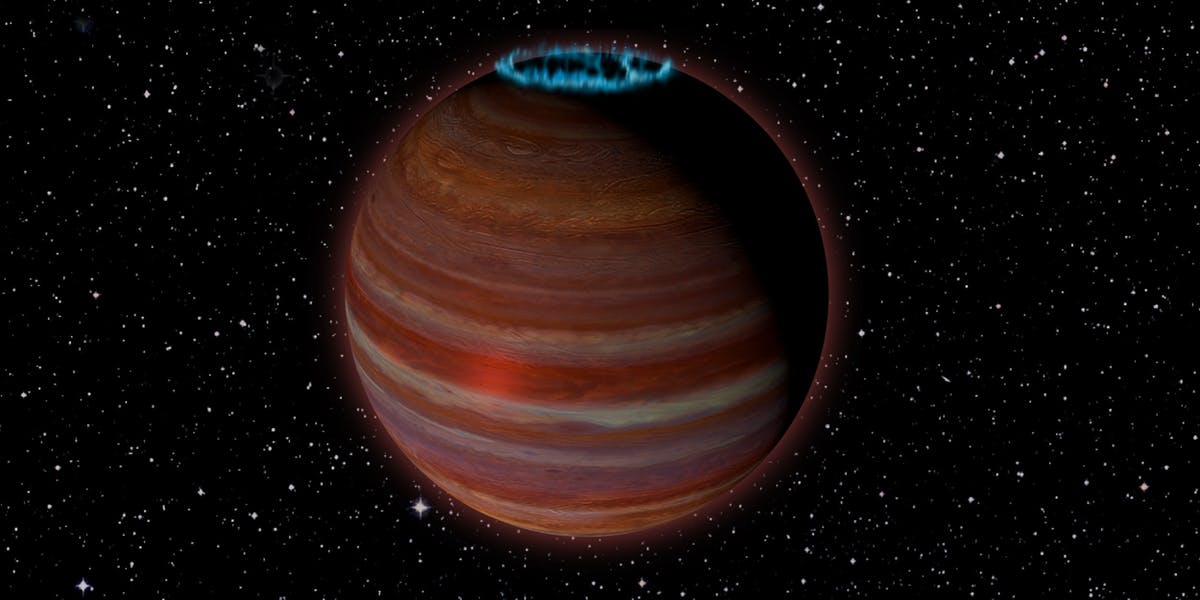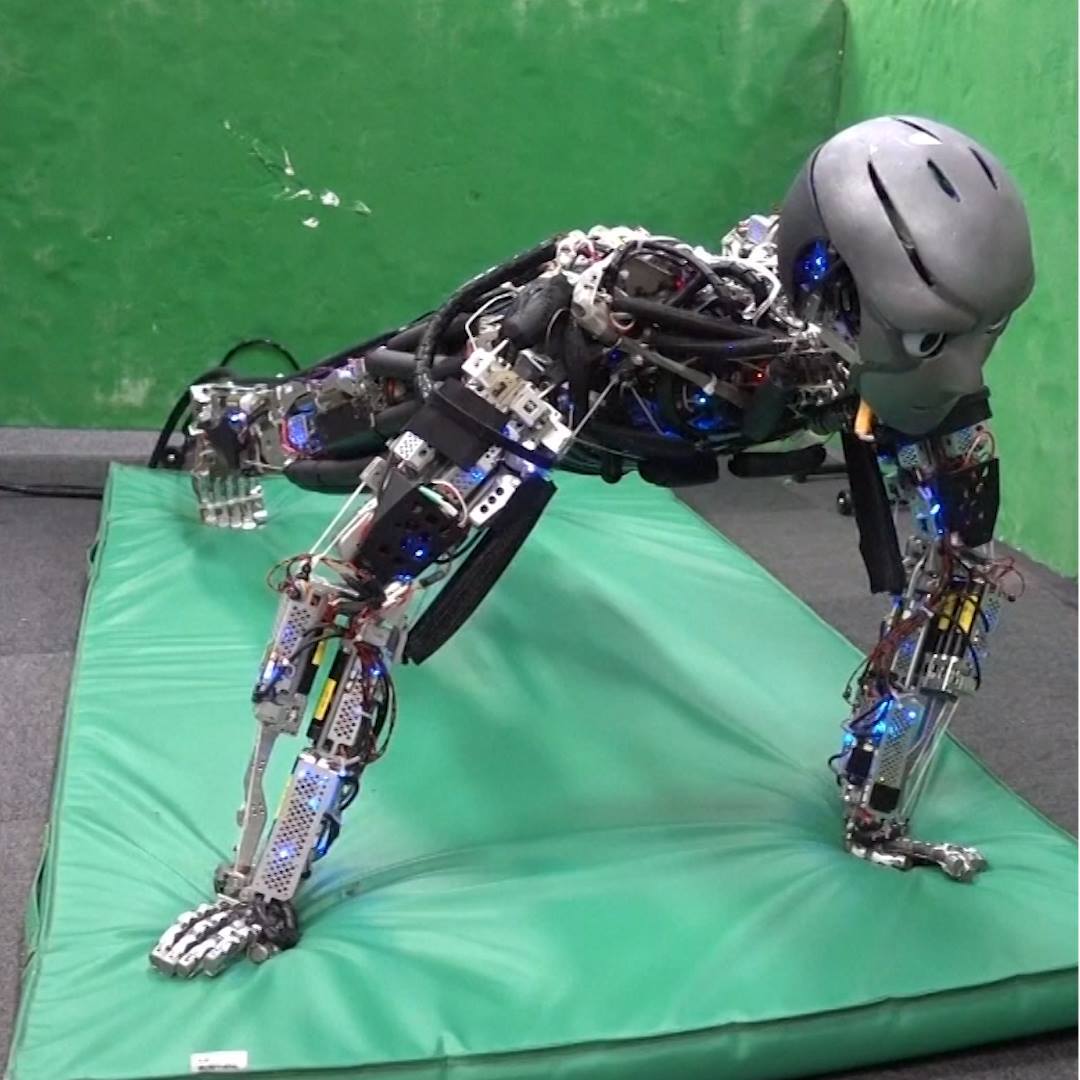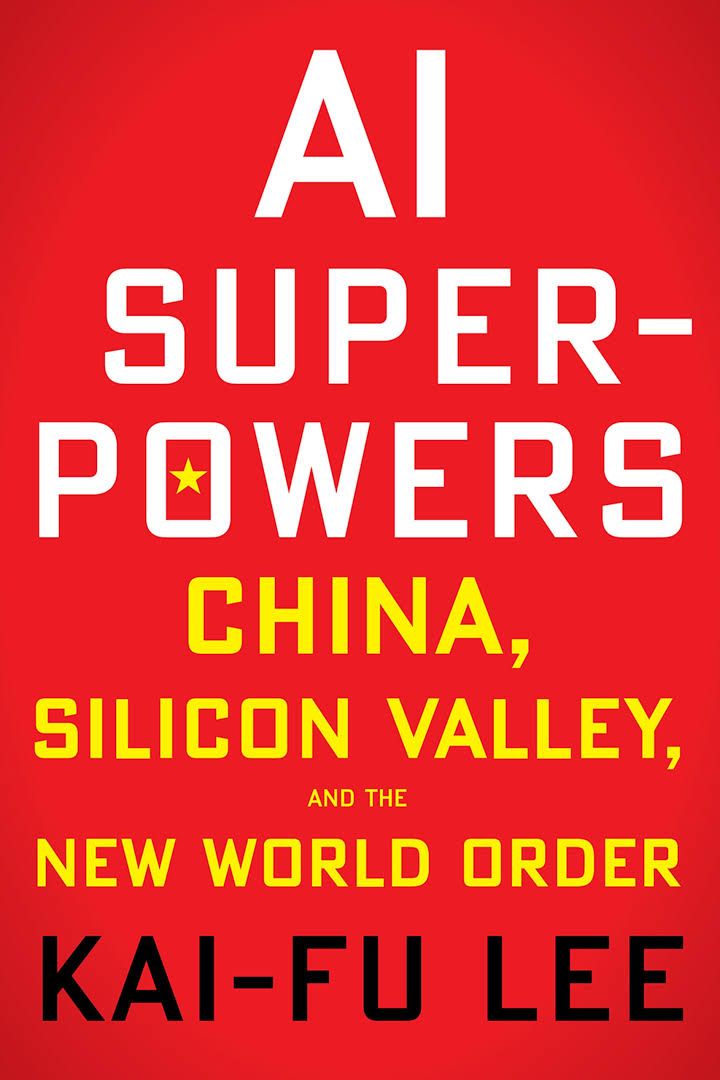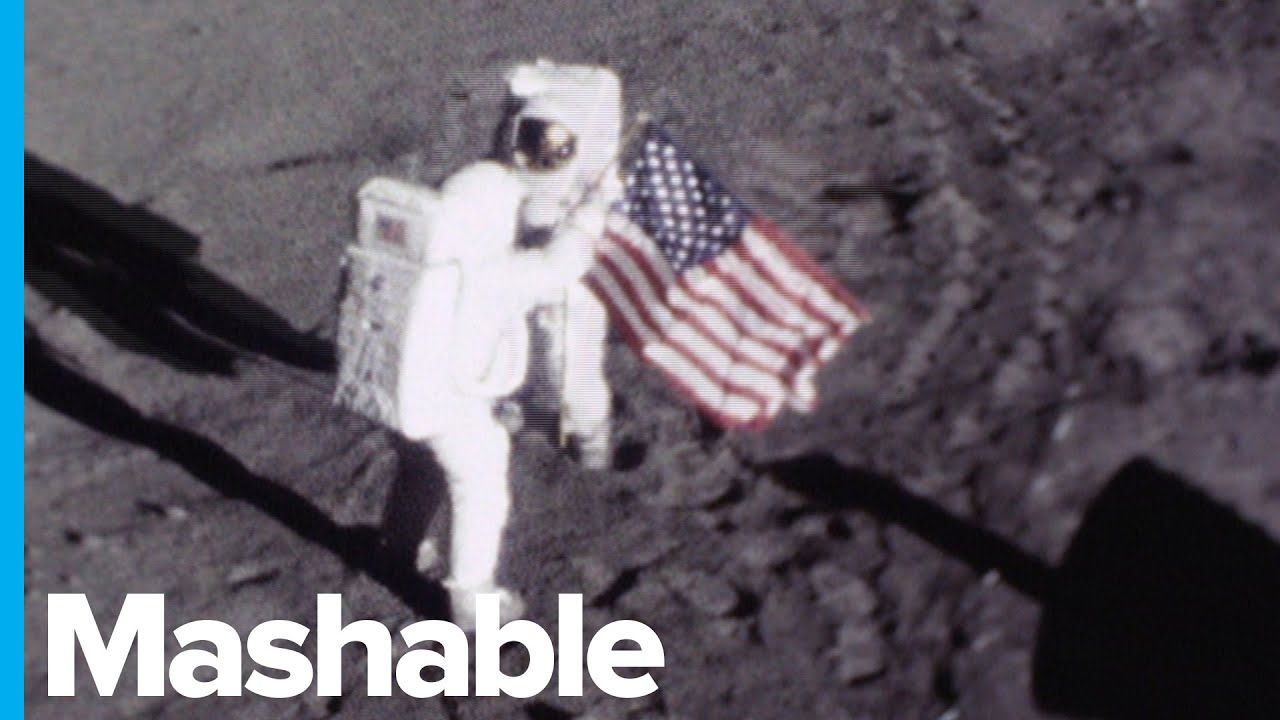Aug 5, 2018
Sorry Elon Musk, But It’s Now Clear That Colonizing Mars Is Unlikely — And A Bad Idea
Posted by Genevieve Klien in categories: Elon Musk, engineering, environmental, government, space travel, sustainability
This article was originally published at The Conversation. The publication contributed the article to Space.com’s Expert Voices: Op-Ed & Insights.
Space X and Tesla founder Elon Musk has a vision for colonising Mars, based on a big rocket, nuclear explosions and an infrastructure to transport millions of people there. This was seen as highly ambitious but technically challenging in several ways. Planetary protection rules and the difficulties of terraforming (making the planet hospitable by, for example, warming it up) and dealing with the harsh radiation were quoted as severe obstacles.
Undeterred, Musk took a first step towards his aim in February this year with the launch of a Tesla roadster car into an orbit travelling beyond Mars on the first Falcon Heavy rocket. This dramatically illustrated the increasing launch capability for future missions made available by partnerships between commercial and government agencies.
